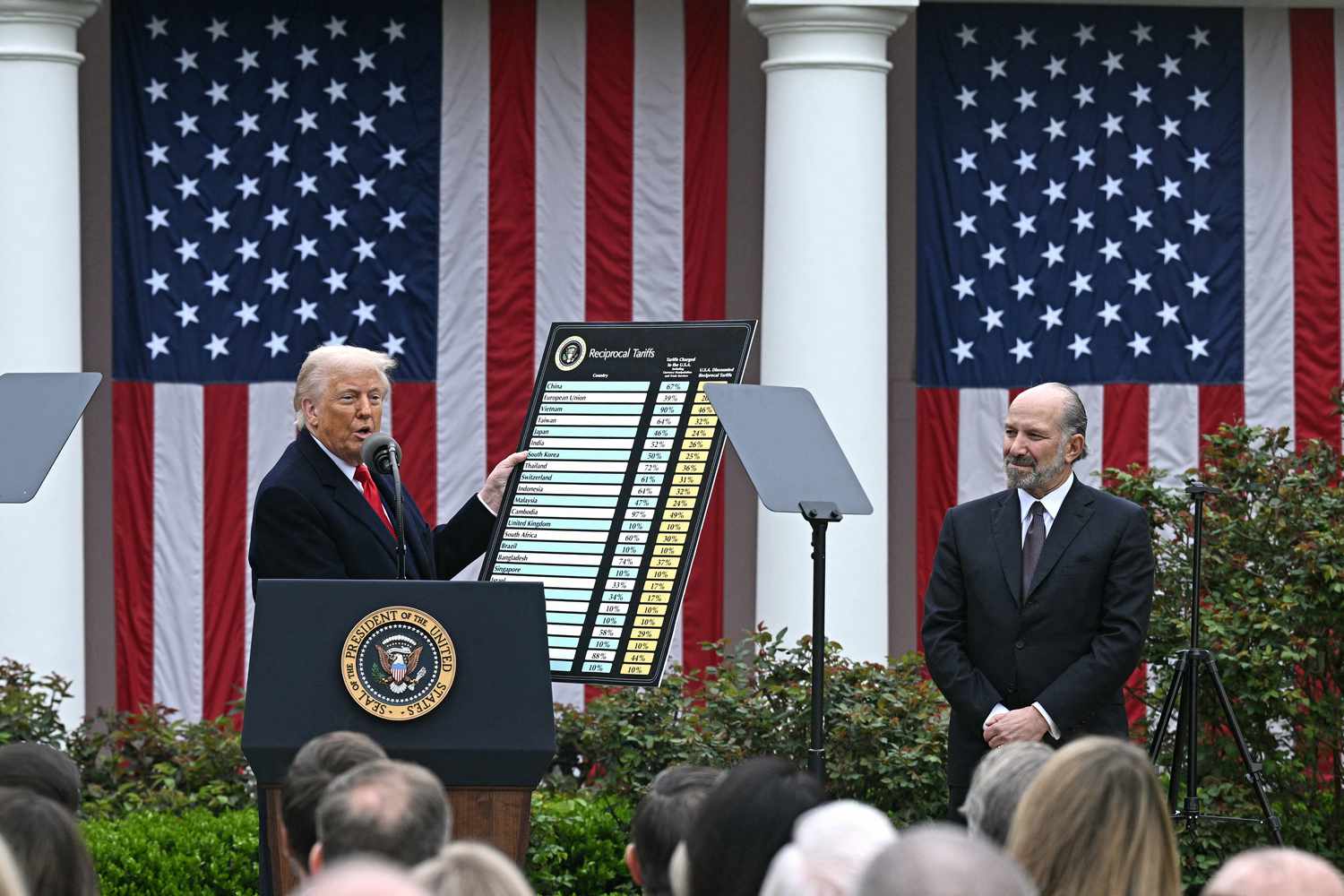
Dan Steinbock, Founder, Difference Group
Apr 05, 2025
After a decade of deglobalization and U.S. geopolitics, globalization is no longer at crossroads, but unraveling. The longer this plunge prevails, the greater will be its costs.
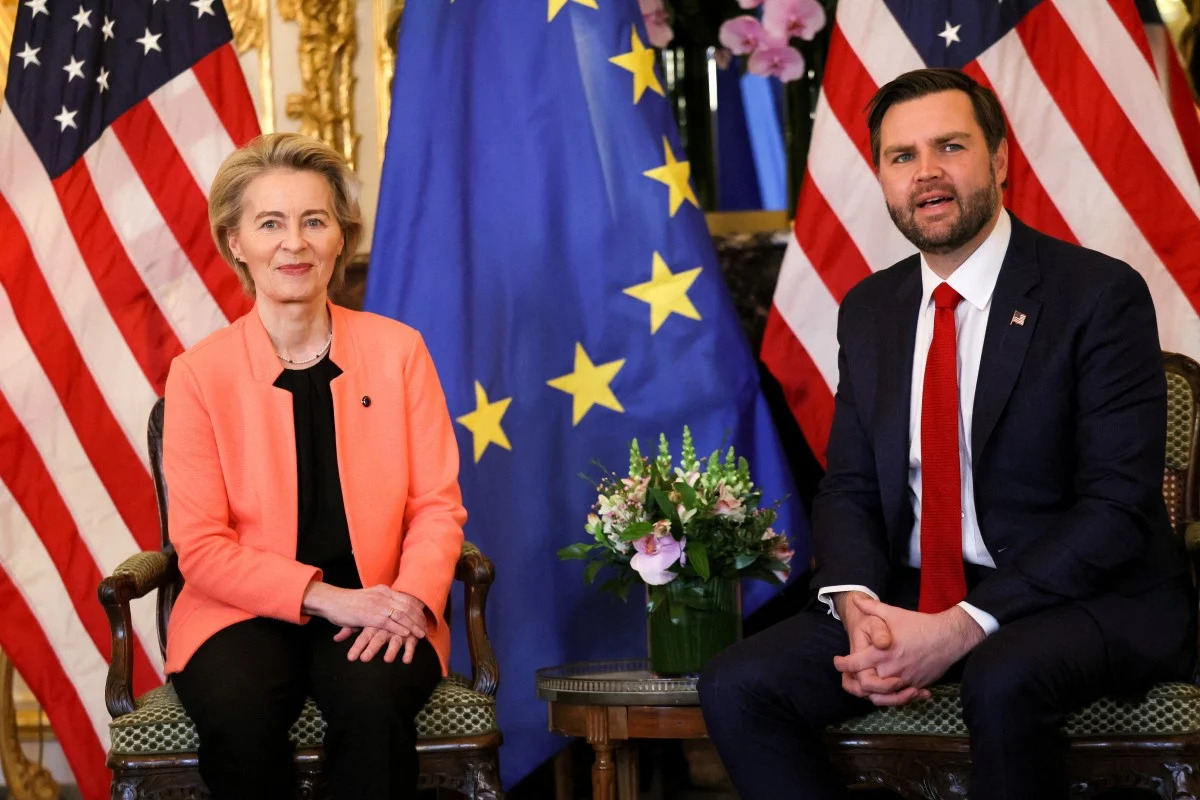
Li Yan, Director of President's Office, China Institutes of Contemporary International Relations
Mar 24, 2025
With the Global South rising, Europe’s renewed emphasis on strategic independence from the United States could partially offset its relative decline in hard power and accelerate global multi-polarity.
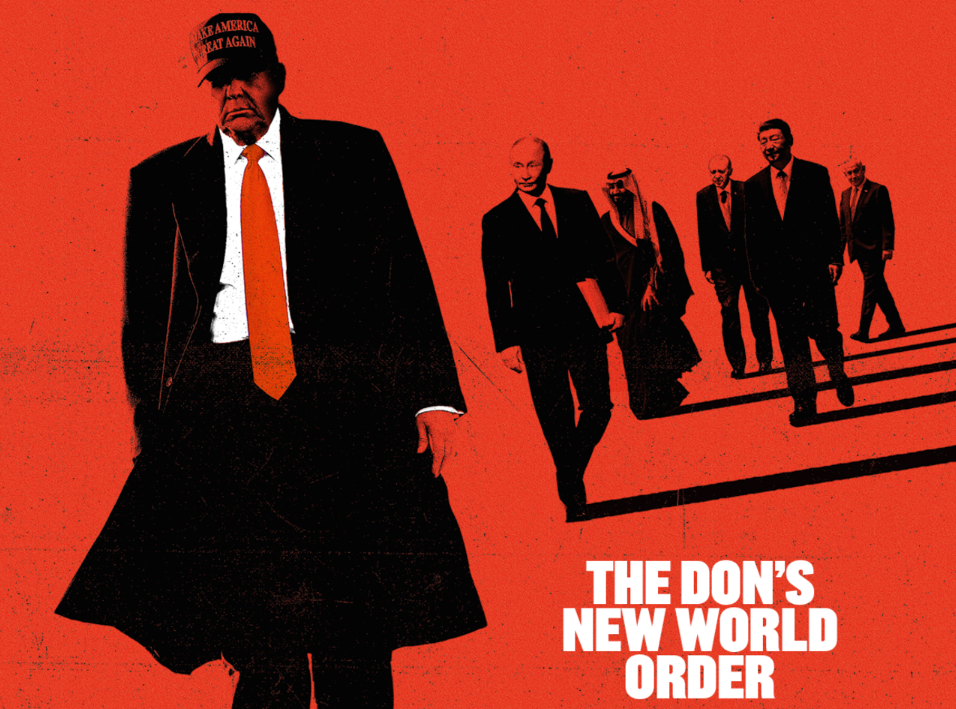
Ted Galen Carpenter, Senior Fellow, Randolph Bourne Institute
Mar 20, 2025
Trump’s second-term foreign policy asserts U.S. hegemony in the Western Hemisphere while exploring a great power system based on spheres of influence. Its success hinges on defining these spheres—especially between the U.S. and China—without destabilizing East Asia.
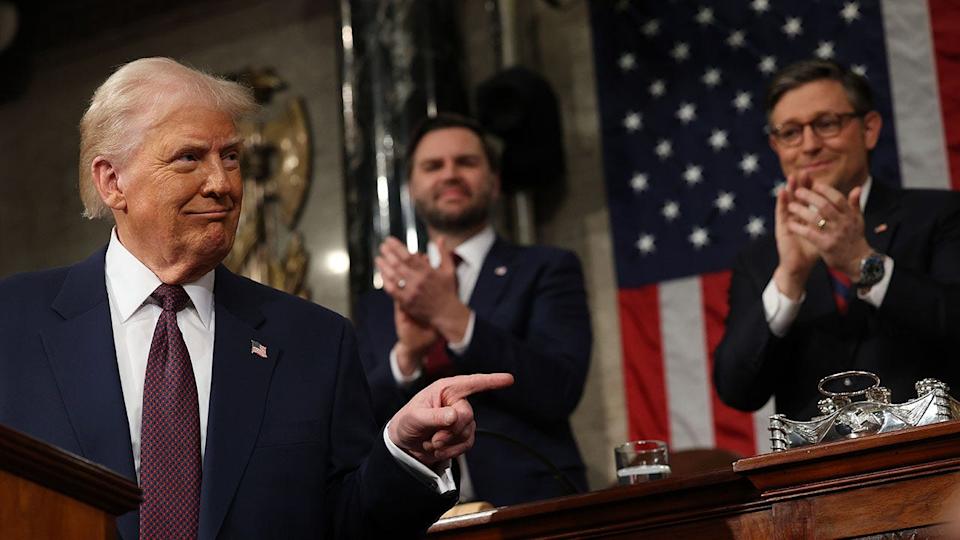
Warwick Powell, Adjunct Professor at Queensland University of Technology, Senior Fellow at Beijing Taihe Institute
Mar 18, 2025
The more things change, the more they seem to stay the same.
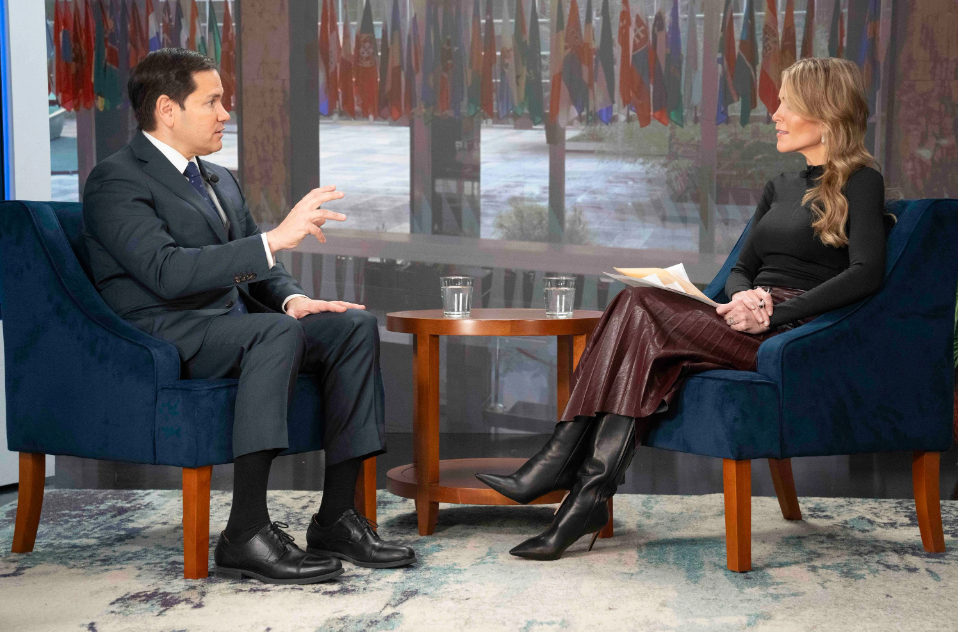
Tian Dewen, Senior Fellow, Institute of Global Governance and Development, Renmin University of China
Mar 14, 2025
The world’s future will hinge on a choice between unilateral confrontation, as exemplified by U.S. President Donald Trump; multilateral confrontation, as in America’s alliance with the EU; or multilateral cooperation, as advocated by China. It’s clear which one will be better for mankind.
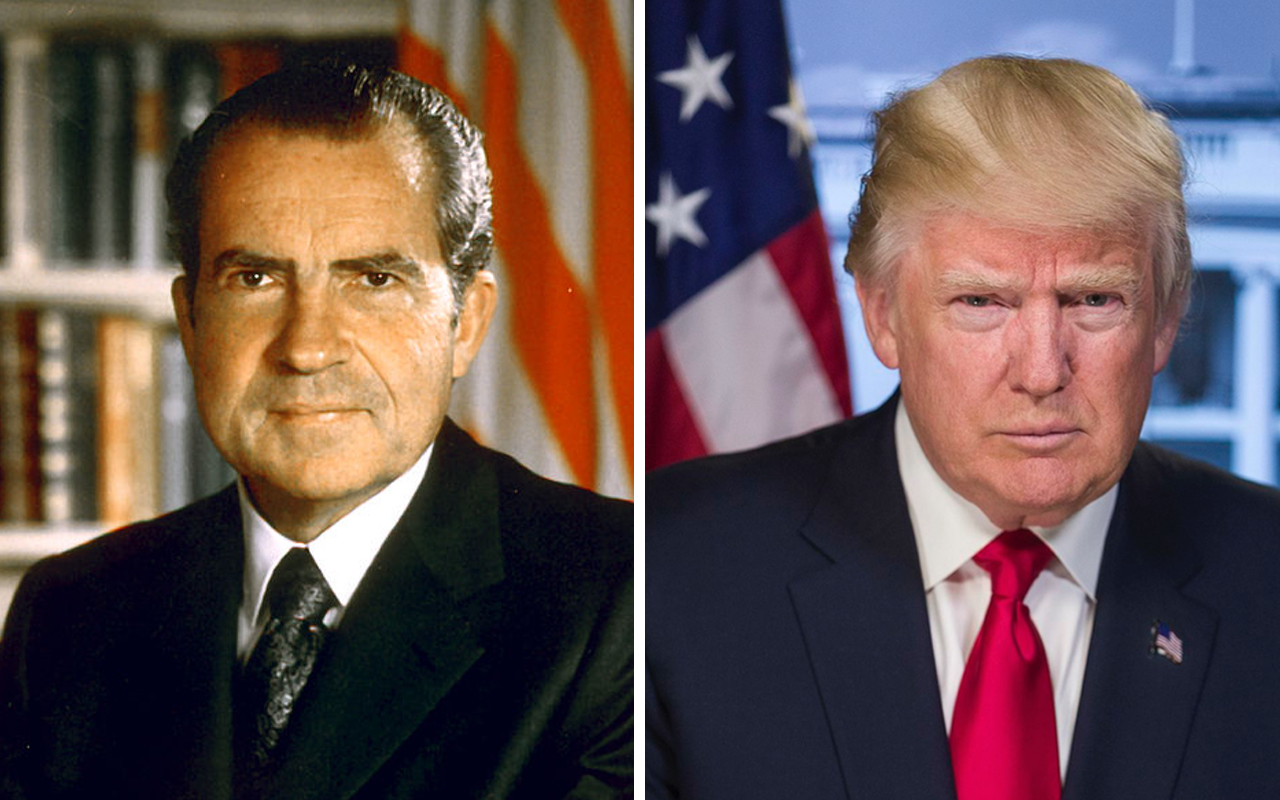
Brian Wong, Assistant Professor in Philosophy and Fellow at Centre on Contemporary China and the World, HKU and Rhodes Scholar
Mar 14, 2025
Trump’s foreign policy moves have been polarizing to say the least - but with competing voices within his own cabinet involved, the strongman approach may not be the ultimate outcome of the early administration’s moves.
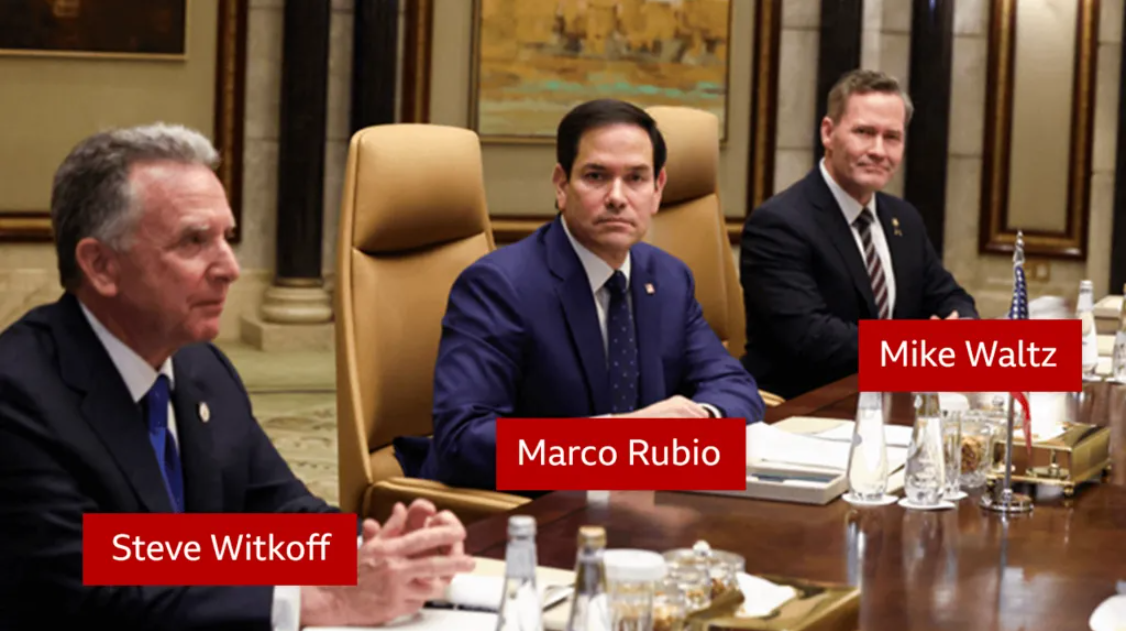
Richard Javad Heydarian, Professorial Chairholder in Geopolitics, Polytechnic University of the Philippines
Mar 14, 2025
The Trump administration's clash with Ukraine has raised doubts about America's strategic reliability, prompting concerns among European and Asian allies about a potential shift in global order under a second Trump presidency.
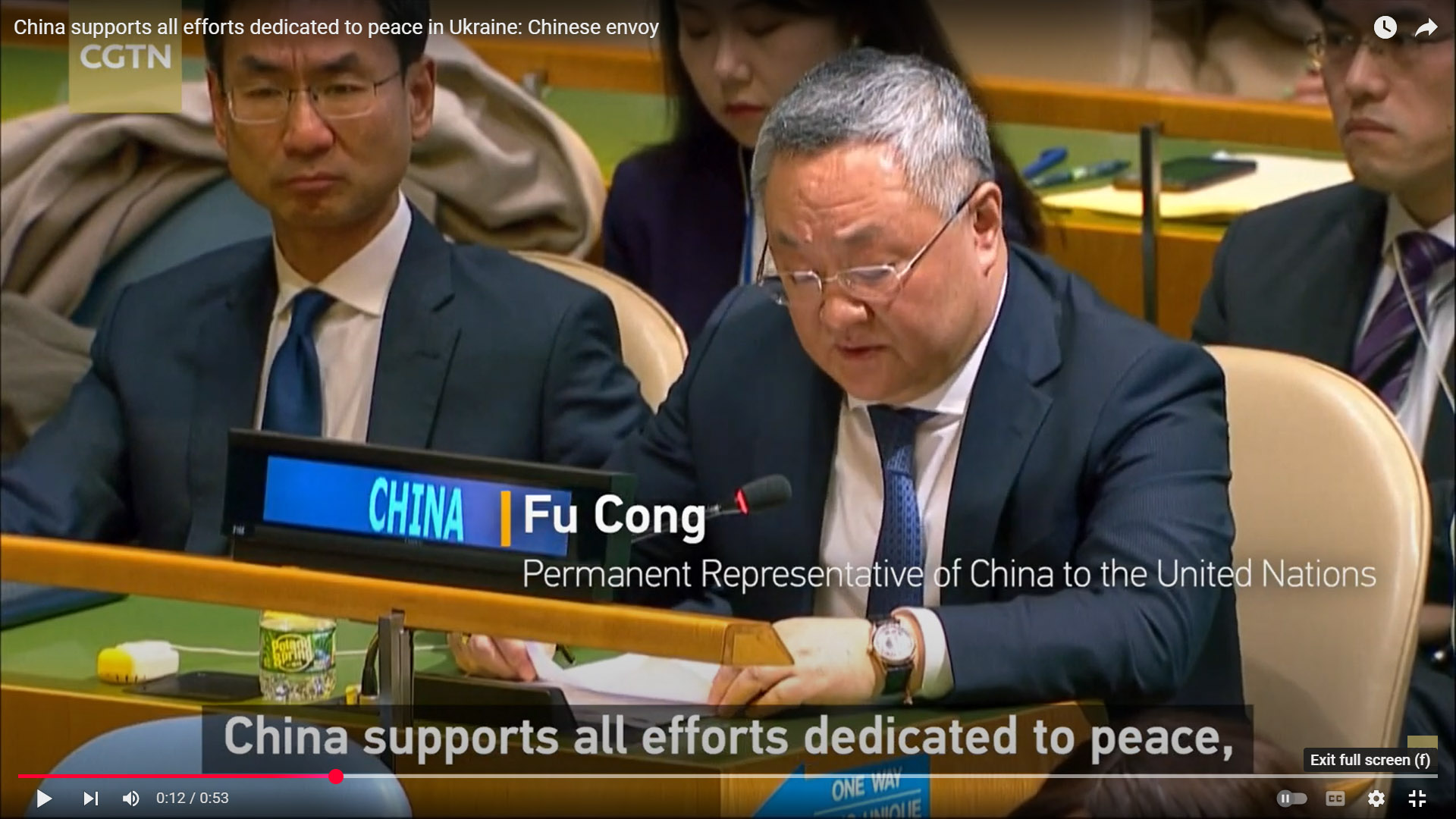
Xiao Bin, Deputy Secretary-general, Center for Shanghai Cooperation Organization Studies, Chinese Association of Social Sciences
Feb 27, 2025
U.S. President Donald Trump’s approach to promoting peace in Ukraine has brought significant changes. China needs to find new roles for itself in promoting the peace process, while continuing to advocate political solutions.
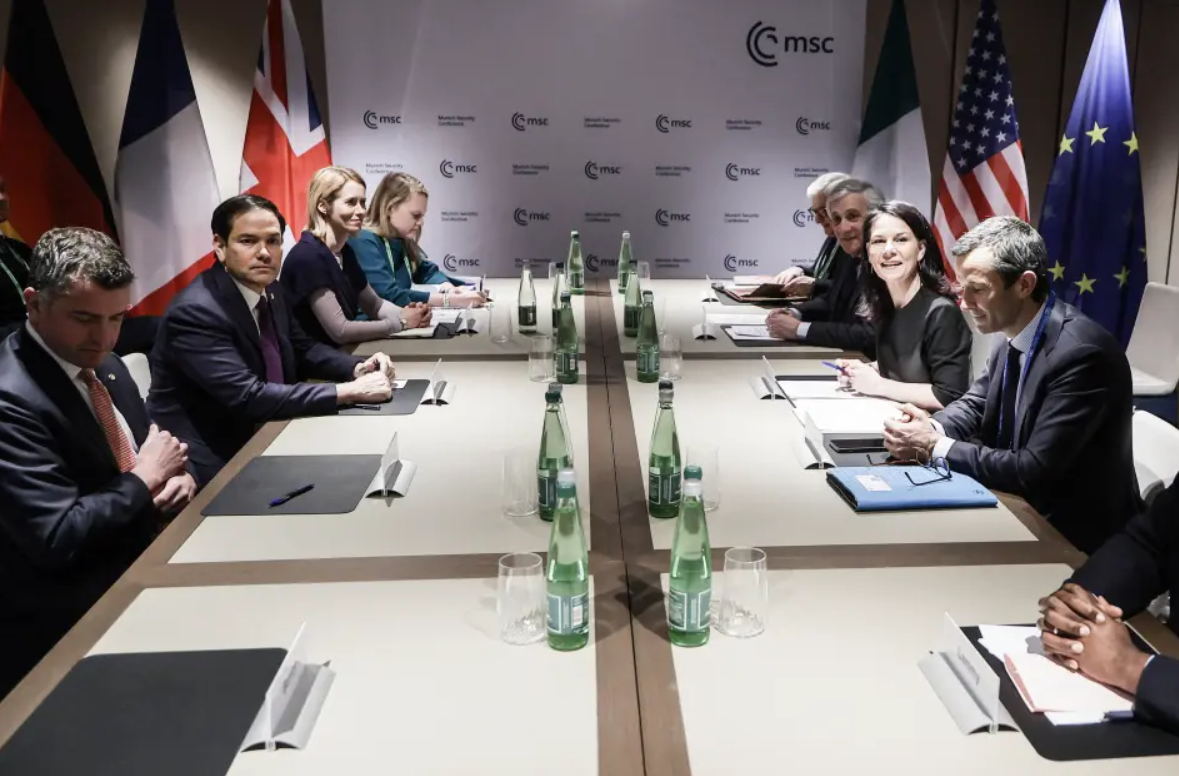
Warwick Powell, Adjunct Professor at Queensland University of Technology, Senior Fellow at Beijing Taihe Institute
Feb 27, 2025
If one takes Marco Rubio’s recent remarks on the end of unipolarity at face value, one could be mistaken for believing that the question of a multipolar world is settled. On the contrary, Rubio’s ruminations, together with remarks from members of the new Trump Administration, including the President himself, buttressed with decisions made in the first few weeks of the new administration, suggest that the issue of multipolarity is very much in question.
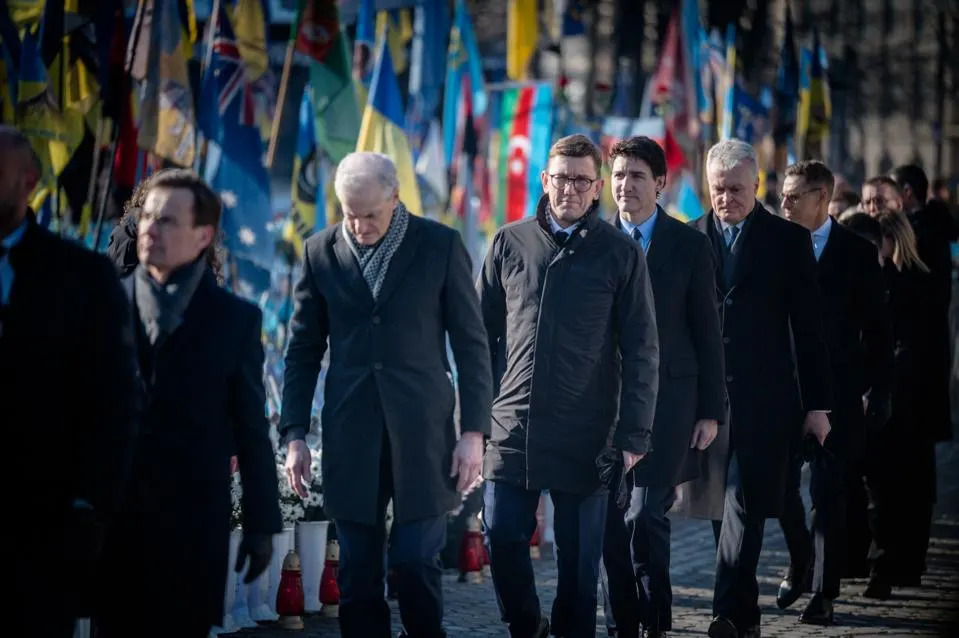
Brian Wong, Assistant Professor in Philosophy and Fellow at Centre on Contemporary China and the World, HKU and Rhodes Scholar
Feb 26, 2025
The future is uncertain for the European Union as powerful regimes with inward-looking agendas have begun rolling out policy in the U.S., Germany, and France, due in no small part to the second Trump administration. For Europe, NATO, and the conflict in Ukraine, this could potentially lead to unprecedented changes in the modern global order.